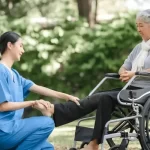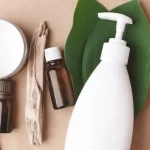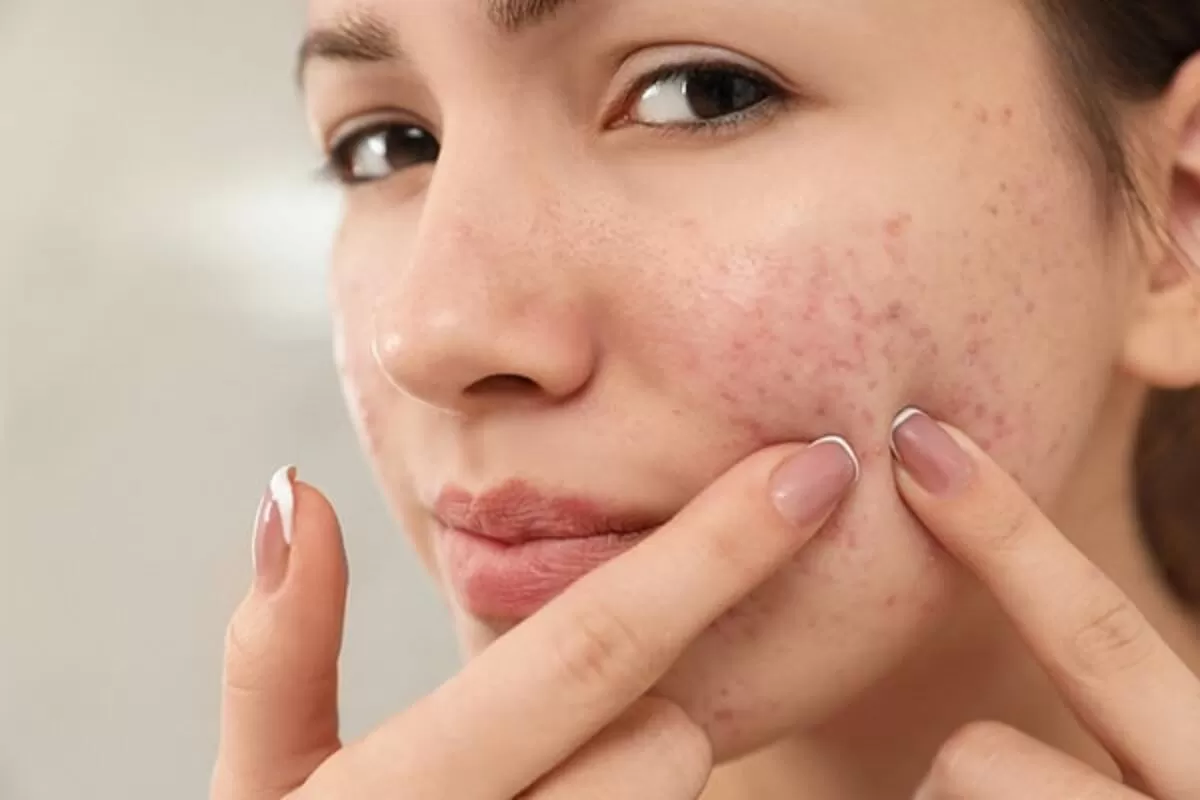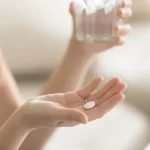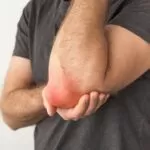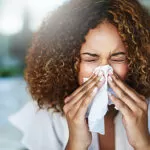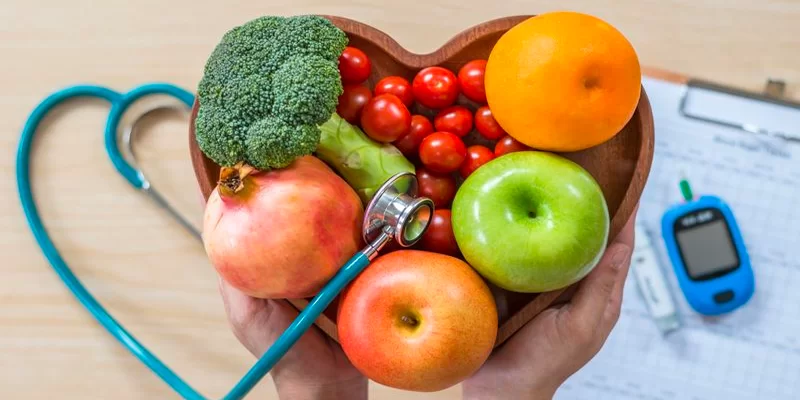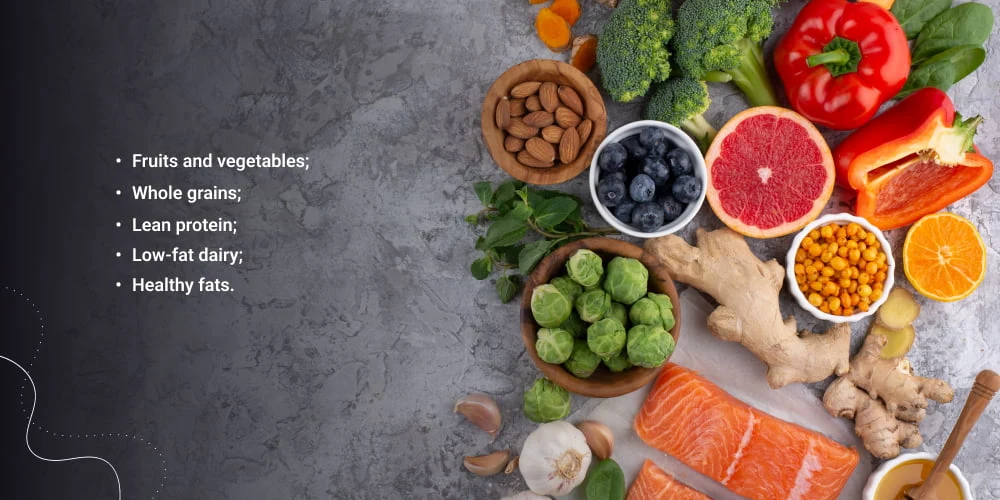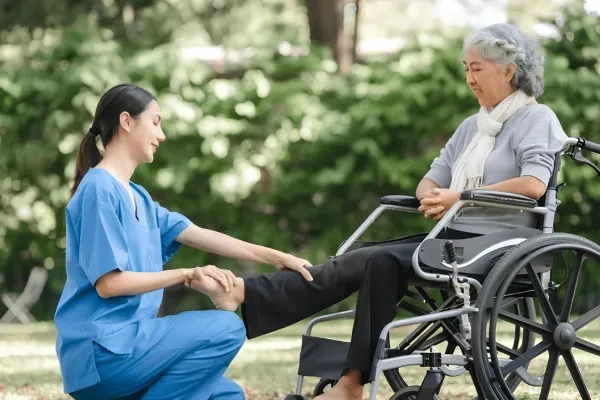Amazing Acne Treatment At Home
If you have an acne breakout, it can stop you. But, relax, here’s acne treatment at home.
It has happened to all of us. Acne is the most common skin condition, affecting approximately 85% of people at some point in their lives.
The good news is that it’s so common that there are hundreds of treatment options, from spot treatments for occasional bumps to more intensive prescription treatments for chronic breakouts.
Many of these more traditional treatments, while effective, can cause irritating side effects such as irritation (not just dryness and irritability). It is also a problem.
Empty tube trying to get your trusty spot cream, can’t get to the store to buy a new spot zapping product, or have you ordered an online clearing mask and still haven’t received it?
You don’t have to put up with a spotty existence. There are still a few things you can do – this is where home remedies come in (acne treatment at home).
Home Remedies
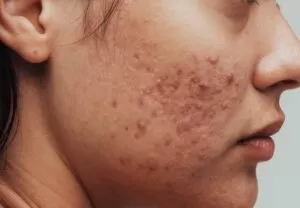
Home remedies for treating acne (acne treatment at home) and blackheads are based on many of the same ingredients as more traditional products. From food or plants.
However, the most important thing to remember when putting things you would normally put in your mouth on your face is that although these objects have been used anecdotally for years (sometimes centuries), is that many dermatologists are still looking for fences, around them.
“There has to be some evidence that it has been shown to be effective,” says dermatologist Nikhil Dhingra, MD of Spring Street Dermatology.
And even drugs under investigation can slow the process down more than other, more targeted treatments. It’s okay,” he says.
Here are home remedies for acne
1. Aspirin
There is some data to suggest that crushed aspirin may work for acne. It doesn’t remove excess oil like salicylic acid does, but it does help reduce inflammation. Then apply to attacking acne as a spot treatment.
2. Manuka honey
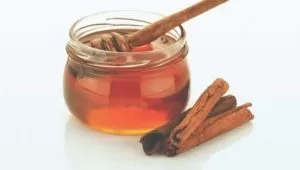
Honey, especially manuka honey, “has both skin-protective and antimicrobial benefits,” says Dr. Illustrator. “It helps reduce the levels of acne-causing bacteria and reduces skin inflammation.”
To use it, add it to another ingredient such as yogurt, or dab it directly onto acne as a spot treatment.
You can use it sparingly and do not apply it all over your face. “It will make you sticky,” he says.
3. Tea Tree Oil
Another acne treatment at home is tea tree oil, like the more potent benzoyl peroxide, has really been studied for its natural antibacterial and anti-inflammatory properties.
Often, however, tea tree oil in its pure form can be harsh and irritating to the skin.
4. Witch Hazel
This very traditional ingredient is often found in skin care products such as toners due to its high levels of tannins, which have been shown to have antibacterial and anti-inflammatory properties. Moisten a cotton ball or pad with witch hazel toner and rub it into the skin after cleansing.
5. Apple Cider Vinegar
Like witch hazel, apple cider vinegar has antibacterial and anti-inflammatory properties and is best used as an after-wash toner.”Dilute in half with water and apply with a cotton ball,”says Dr. Illustrator.
The biggest hurdle to using apple cider vinegar is the smell. “If the smell bothers you, you might want to wash your face again after 30 minutes,” he says.
6. Hydrocortisone Cream
Regarding acne treatment at home, unlike some of the other remedies you have in your kitchen, this one is probably in your first aid kit. There is even an over-the-counter hydrocortisone cream that works just as well, especially for pimples that are just starting to form.
“Apply a small amount directly to the pimples two to three times a day and stop after about three days,” he says. Do not apply it all over your face as it can have long-term adverse effects (over dosage can actually increase acne).
7. Green Tea
A high concentration of antioxidants makes green tea healthy. It also helps fight acne when applied to the face. It has been shown to have potential antibacterial properties and may also help reduce inflammation.
Some studies suggest it reduces oil production. It even shows that it may be useful for Instead of drinking, put green tea in a pot, let it cool, and apply it to your face with a cotton pad after cleansing.
8. Zinc Supplement
“There is a lot of data behind zinc supplements” for reducing inflammation, says Robert Finney, M.D., dermatologist at Spring Street Dermatology. Even when taken orally, zinc has been shown to help treat acne on the skin and may even help prevent new acne from forming thanks to its anti-inflammatory effects.
9. Aloe vera
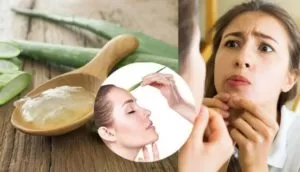
In acne treatment at home, Aloe vera is a classic home remedy for acne and burns, not only because of its anti-inflammatory effects, but also because of its high water content, which provides a lot of moisture.
It also has antibacterial properties, which makes it a useful acne treatment, especially for those with sensitive skin or those who have become dry or irritated from other spot treatments.
10. Greek Yogurt
There is some evidence that fatty Greek yogurt may help soothe irritated skin thanks to probiotics and brighten skin thanks to lactic acid.
It doesn’t, so it’s a big enemy of acne,” says Dr. Dingla. For acne in particular, he suggests making a mask out of yogurt with a little water and a pinch of turmeric, which is known to be anti-inflammatory and “help with inflamed acne.”
11. Chamomile

Like green tea, chamomile has anti-inflammatory properties and can help soothe irritated skin and reduce breakouts. Just like green tea, it is brewed in a pot and allowed to cool before applying with a cotton pad.
Alternatively, you can use it as a toner by grinding the tea leaves from a few tea bags and then adding water to make a paste. Use the paste as a spot treatment for angry pimples to calm them down.
12. Omega 3 fatty acids
There are several studies showing that omega-3 fatty acids can help with acne. For example, supplementing your diet with fish oil can help reduce the overall inflammation that can lead to acne.
13. Lifestyle Change
Aside from what you put on your skin, dietary changes and stress levels can have a big impact on your skin and may be associated with increased outbreaks.
Cortisol levels, which rise with increased stress, may also contribute to acne flare-ups due to increased sebum production.
Dietary changes and minimizing stress and how to keep it down could be “a holistic way to treat acne.” Finney says. “It has to be a priority.

A graduate of Computer Science and Information Management Technology. Diploma – Caregiving, Certificates – Dementia and Diabetes Awareness and Management. A researcher, blogger, songwriter, singer and acoustic guitarist. Born in an environment where natural talents such as healing are imparted at our natural birth. This natural talents of healing is the result of our genetic inheritance and the training from family environment.




